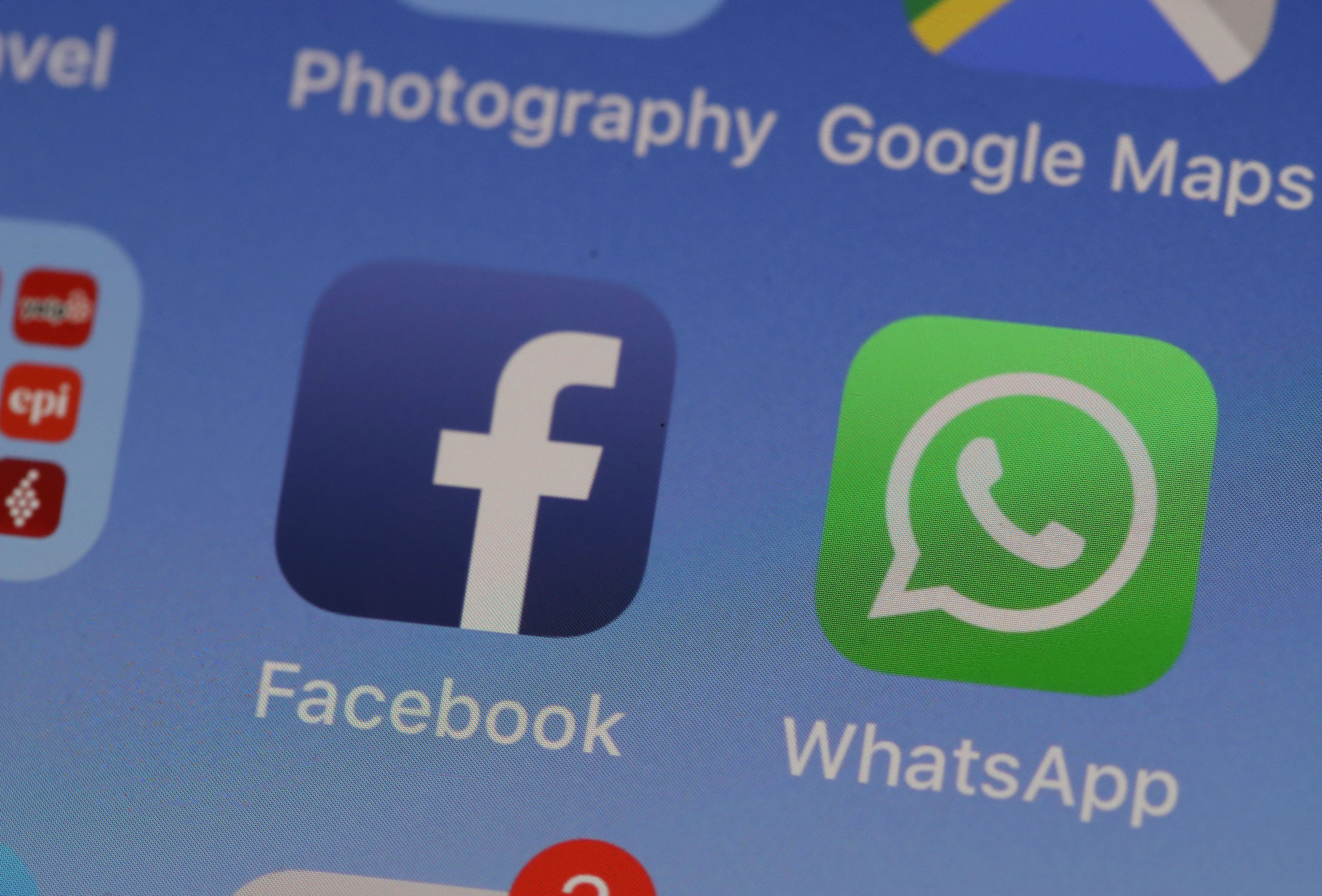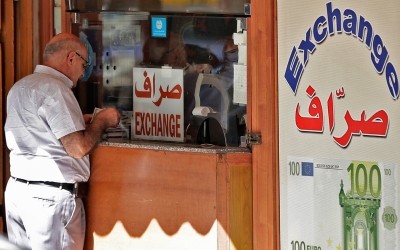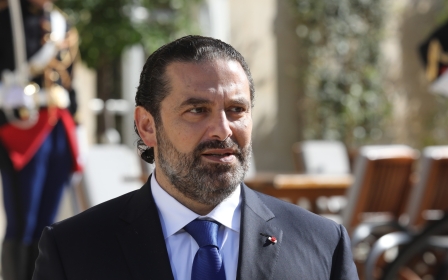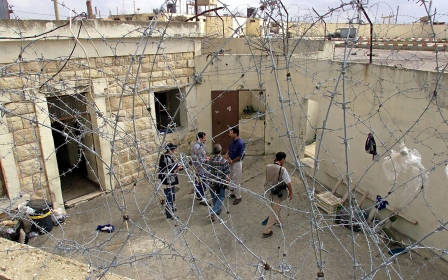No ringing endorsement for Lebanon’s WhatsApp call charge

A proposal to charge WhatsApp users in Lebanon up to $6 per month to make calls on the service was met with a furious backlash online and from media watchdogs on Thursday.
The proposal, which was reported in local media and subsequently confirmed by Telecommunications Minister Mohammad Choucair, would see users charged $0.20 a day for calls made using VoIP (Voice over internet protocol).
The protocol is also used by other communications applications, such as Facebook and Apple’s FaceTime.
Against the backdrop of a stagnant economy, the Lebanese government is looking to increase revenues in its 2020 budget, with a number of different proposals considered in a Cabinet session convened Thursday, including a potential increase in VAT.
Nevertheless, the proposal to start charging for online calls drew a particularly strong public reaction. Independent MP Paula Yacoubian said on Twitter: “The people will not pay a single lira on the platform it insults [politicians] on.”
New MEE newsletter: Jerusalem Dispatch
Sign up to get the latest insights and analysis on Israel-Palestine, alongside Turkey Unpacked and other MEE newsletters
'Lebanese are already frustrated with the horrible service that the telecoms providers give'
- Mohammad Hijazi, communications consultant
Even before Thursday’s announcement, Lebanese telecoms had a far from stellar reputation.
“The Lebanese are already frustrated with the horrible service that the telecoms providers give, the monopoly that is backed up by the government, and the ridiculously high prices for calls and data which are among the highest in the world,” Mohammad Hijazi, a Beirut-based communications consultant, told Middle East Eye.
Hijazi said that despite expensive data bundles, WhatsApp and similar services have been used by consumers as an “escape” to avoid high call charges, suggesting that the public reaction was particularly severe as the government would be demanding its citizens pay for a service that is free elsewhere.
Lebanese consumers are not the only group likely to be affected by the planned charges.
Of the hundreds of thousands of Syrian refugees living in the country, “the majority tend to use, for example, WhatsApp to get information about their families”, an aid worker told MEE, wishing to remain anonymous as they were not authorised to speak to the media.
Many refugees will be particularly affected by the proposed charges due to their vulnerable economic situation, added the NGO worker, who provides relief to the displaced in the Bekaa Valley.
'Serious privacy concerns'
According to Ayman Mhanna, director of media watchdog SKeyes, rumours of plans to start charging for online call services have been circulating for some time.
The two state-owned telecoms companies, Touch and Alfa, provide the second-largest influx into state coffers for the government behind taxation.
However, Mhanna explained, these revenues have started to slip with more users switching to online services rather than telecoms networks to communicate.
Local media estimates suggested the Treasury might expect a $250m annual yield, were the government to follow through with its proposals and tax all of the estimated 3.5 million VoIP users.
Despite Choucair’s confirmation of the proposed $0.20 daily levy, the government is yet to provide details of how it will be implemented.
Mhanna predicted that the government might order the telecoms operators to increase their monthly line rental fees by $6.
This, he said, would lead to a legal challenge given that it would amount to “levying a new tax without parliamentary approval”.
One possible workaround for the government would be to attempt to pass the proposal as part of the 2020 budget, but this would inevitably involve some “horse trading” in parliament, Mhanna said.
Alternatively, the government might look to establish which users are using online call services and then charging them on an individual basis.
“If [the proposal] is based on knowing exactly who is using WhatsApp every time and communicating this to the government, this has serious privacy concerns for us as a freedom of expression and privacy organisation,” Mhanna said.
Either way, he added, the government would be failing to do “what is really needed, which is reforms, combating corruption, and tackling unnecessary spending”.
“[The people] are angry because the government is not finding sustainable solutions to cover its debt,” echoed Hijazi, the communications consultant.
Instead, it is “increasing taxes on the mass public who are already scrambling to make ends meet”.
Middle East Eye delivers independent and unrivalled coverage and analysis of the Middle East, North Africa and beyond. To learn more about republishing this content and the associated fees, please fill out this form. More about MEE can be found here.





